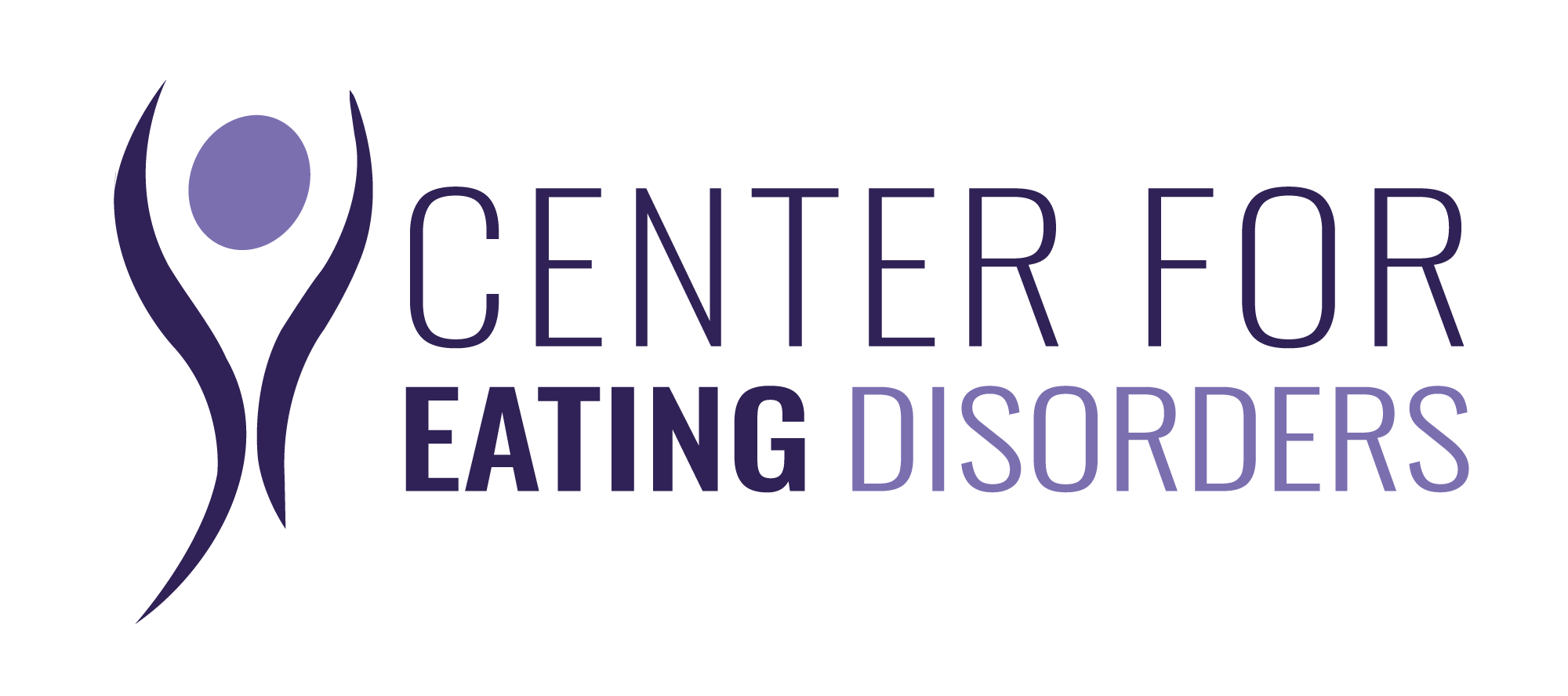In today’s digital era, social media has had a tremendous impact on our daily lives and how we perceive ourselves and others. In the context of eating disorders in particular, the intrusive influence of social media has posed new challenges. Platforms like Instagram, TikTok, and Facebook have become a significant factor in the development and maintenance of eating disorders. In this article, we will explore the impact of social media on eating disorders and consider some solutions to reduce the negative impact and create a healthier online environment.
Social media tends to present an idealized version of other people’s lives. Perfectly designed images, flawless bodies and seemingly effortless lifestyles can leave many users feeling inadequate. In young people in particular, these perceived ideals can lead to a dangerous fixation on one’s appearance and weight, which can lead to eating disorders such as anorexia and bulimia.
It’s important to create awareness of the retouched nature of social media content and that no one is perfect. Platforms should strive to encourage more diverse representations of beauty and body image to honor the breadth of human beauty.
Social media is a hotbed of diet trends and dangerous weight-loss behaviors. Hashtags like #Thinspo (be thin) and #ProAna (pro anorexia) can draw vulnerable people into a dangerous maelstrom. Anonymous forums and groups provide a platform for sharing tips on food control and other self-harming behaviors.
Platforms should take firm action against dangerous content and take proactive steps to identify and remove such content. Users should be made aware of the risks of dieting and unsafe behaviors, and references to reputable sources for support and help should be easily accessible.
Social media makes comparisons with other people much easier. Constant exposure to the seemingly perfect lifestyles and bodies of others can lead to negative self-evaluations. This comparison mechanism can be particularly devastating for people with low self-esteem and encourage the development of eating disorders.
By fostering a culture of authenticity and respect for different walks of life and bodies, we can help reduce harmful comparison. Positive self-acceptance and the appreciation of diversity should be promoted by influencers and platforms.
Influencers often have a significant reach and significantly influence their followers. Unfortunately, some influencers may unknowingly or intentionally promote eating disorders by showcasing unhealthy behaviors or promoting diet products. Such messages can have a negative impact, especially among young people.
Influencers should be aware of their responsibilities and have an ethical obligation to spread healthy messages. Platforms should implement policies to limit the promotion of dangerous products and practices and support the promotion of positive lifestyles.
The impact of social media on eating disorders is a significant concern that requires a comprehensive response. By approaching the challenges openly and pursuing concrete solutions, we can help create a healthier online environment. It is time to act collectively as society, platforms and individuals to minimize the harmful impact of social media on eating disorders and instead encourage support, empathy and education.

